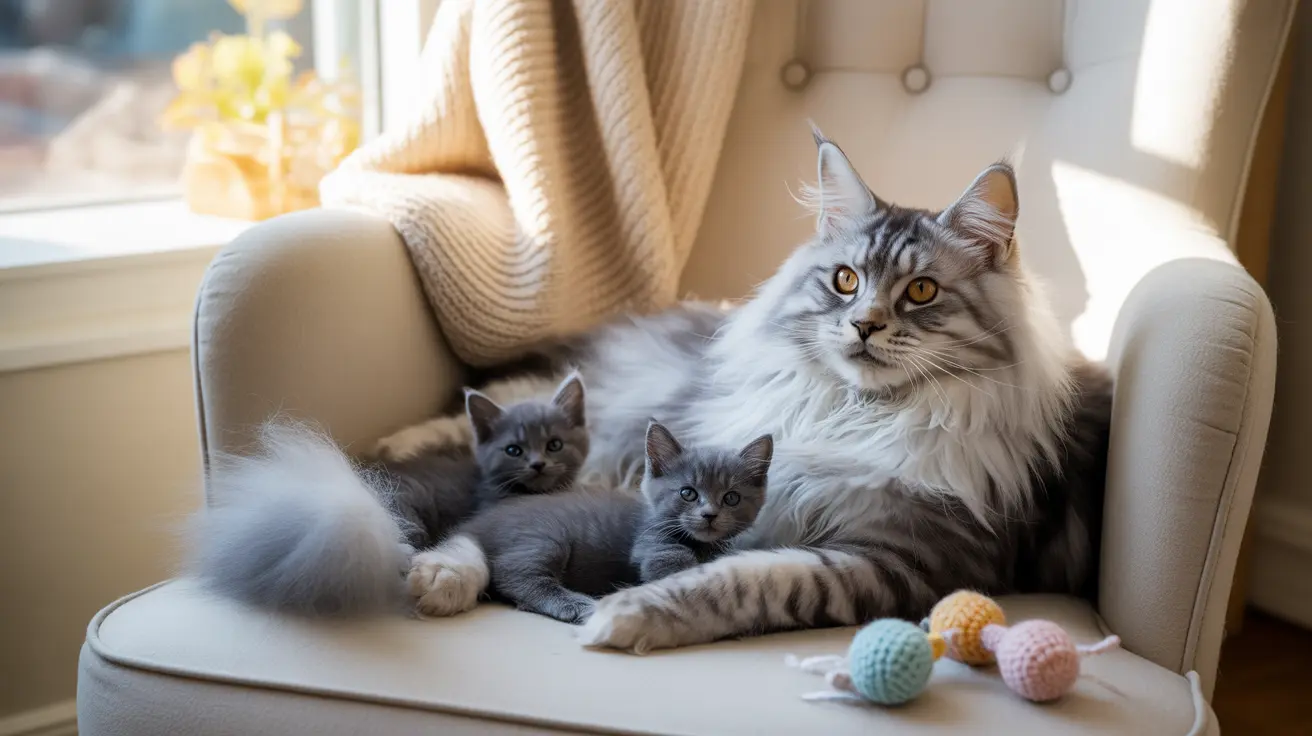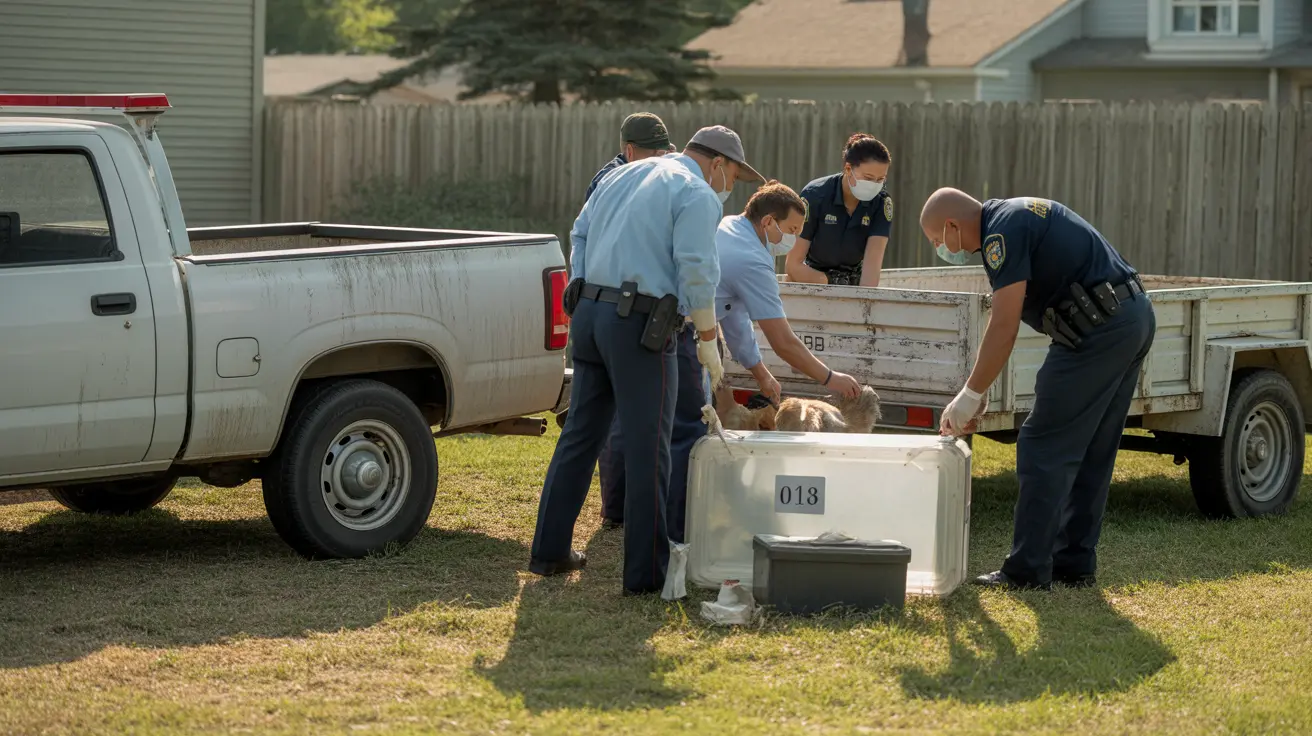If you're a cat owner or breeder, understanding feline reproductive cycles is crucial - especially knowing how soon cats can get pregnant after giving birth. The answer might surprise you: cats can become pregnant remarkably quickly after delivering a litter, sometimes even while still nursing their kittens.
In this comprehensive guide, we'll explore the fascinating world of feline reproduction and explain everything you need to know about postpartum fertility in cats.
Understanding the Feline Reproductive Cycle
Female cats, known as queens, have unique reproductive characteristics that make them incredibly efficient breeders. They are seasonal polyestrous, meaning they can have multiple heat cycles during breeding season unless they become pregnant or are spayed.
A typical heat cycle lasts about three weeks, with the fertile period (estrus) lasting anywhere from 1-21 days, though seven days is average. Unlike many mammals, cats are induced ovulators - they need the physical act of mating to release eggs.
The Surprising Truth About Postpartum Fertility
Most people are shocked to learn that cats can become pregnant as early as 4 weeks after giving birth. Even more surprisingly, some queens may enter heat while still nursing their kittens, with documented cases of fertility returning just 1-2 weeks after delivery.
This remarkable reproductive efficiency is influenced by several factors:
- Lactational suppression (which varies greatly between cats)
- Length of daylight hours
- Overall health of the mother
- Whether kittens are still nursing
Signs Your Cat May Be Fertile Again
Watch for these indicators that your cat is returning to fertility after giving birth:
- Increased vocalization and restlessness
- Rolling on the floor
- Raised tail with hindquarters elevated
- More affectionate behavior
- Increased grooming
- Marking territory
- Loss of appetite
Health Implications of Quick Repeat Pregnancies
While cats are physically capable of getting pregnant shortly after giving birth, back-to-back pregnancies can pose serious health risks. Each pregnancy depletes the mother's nutritional reserves and can lead to:
- Decreased milk production
- Weakened immune system
- Poor kitten health
- Maternal exhaustion
- Increased risk of complications
Prevention and Management
If you don't plan to breed your cat, the best prevention is spaying. Most veterinarians recommend spaying once the kittens are weaned, typically around 6-8 weeks postpartum. Until then, keep your queen strictly separated from male cats to prevent unwanted pregnancies.
Frequently Asked Questions
How soon can a cat go into heat and become pregnant after giving birth?
A cat can go into heat as early as 4 weeks after giving birth, though some may experience estrus even earlier - as soon as 1-2 weeks postpartum. This is particularly true if the kittens are not nursing frequently or have been removed.
Is it possible for a cat to get pregnant while still nursing her kittens?
Yes, cats can become pregnant while still nursing kittens. Though lactation typically suppresses fertility, this effect varies between cats and some may enter heat and conceive while still nursing.
What factors influence how quickly a cat returns to estrus after having kittens?
Several factors affect return to fertility, including: season and daylight hours, whether kittens are nursing and how frequently, the mother's overall health and nutrition, and individual hormonal variations.
How can I tell if my cat is pregnant again shortly after giving birth?
Look for signs like continued appetite increase, pink nipples, enlarged abdomen, and nesting behavior. A veterinarian can confirm pregnancy through physical examination, ultrasound, or x-ray.
When is the best time to spay a cat to prevent rapid repeat pregnancies?
The optimal time for spaying is usually once the kittens are weaned, typically around 6-8 weeks postpartum. However, consult your veterinarian for personalized timing based on your cat's specific situation.
Remember, responsible pet ownership includes managing your cat's reproductive health. If you're not planning to breed your cat, consider spaying as soon as it's safe to do so after giving birth. This prevents unwanted pregnancies and provides numerous health benefits for your feline friend.






